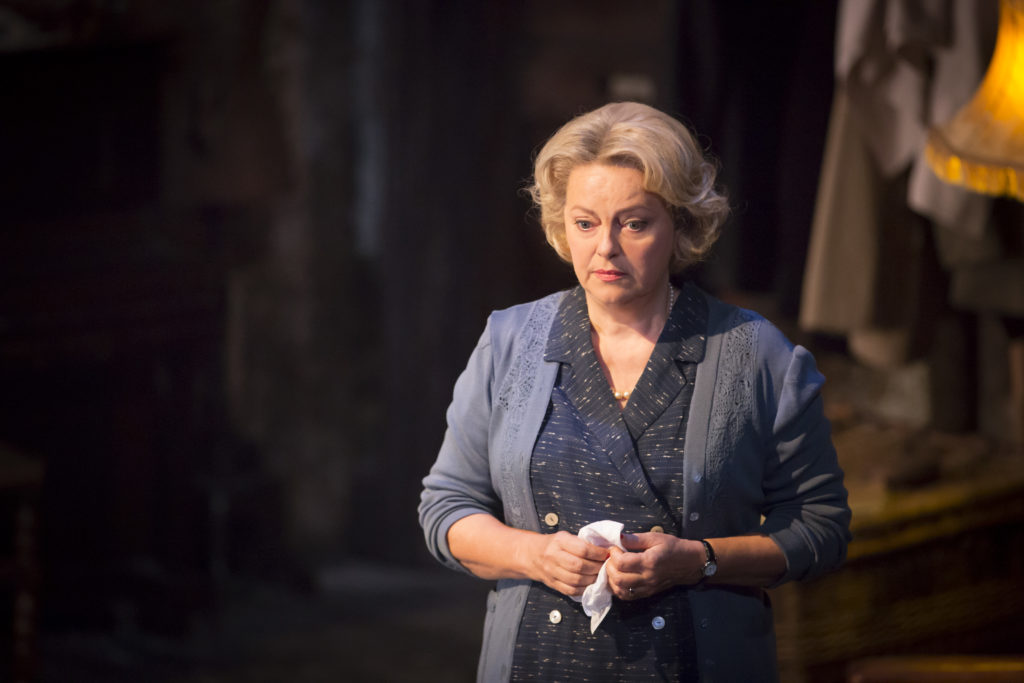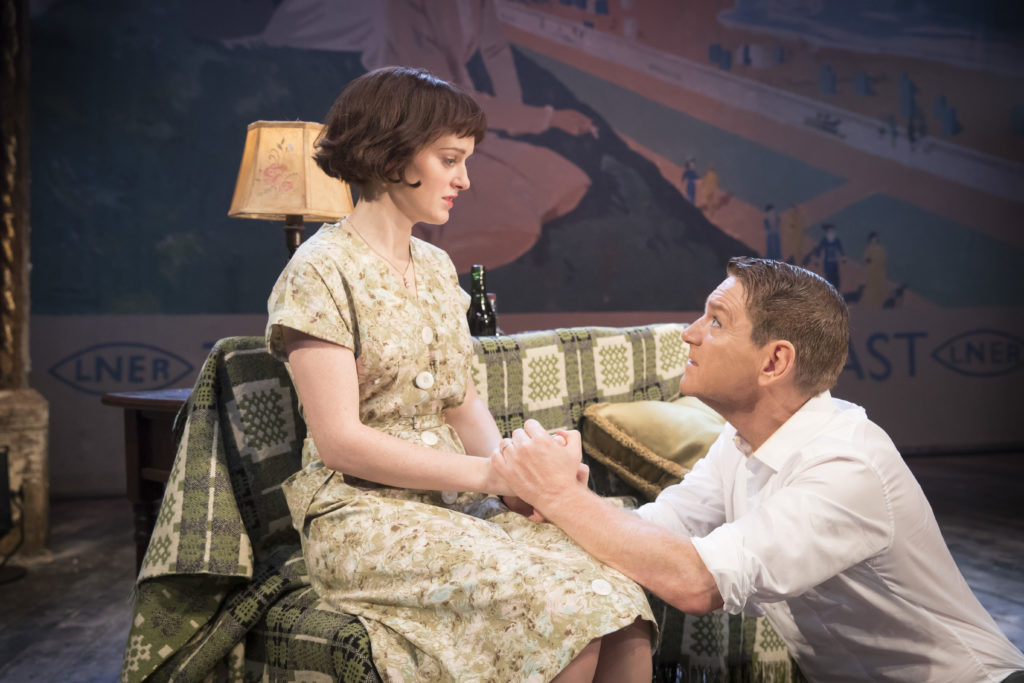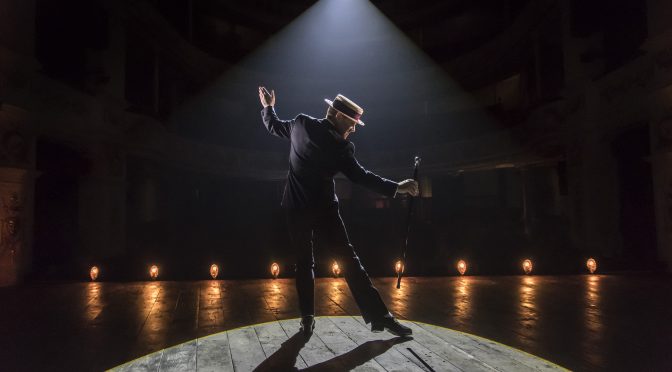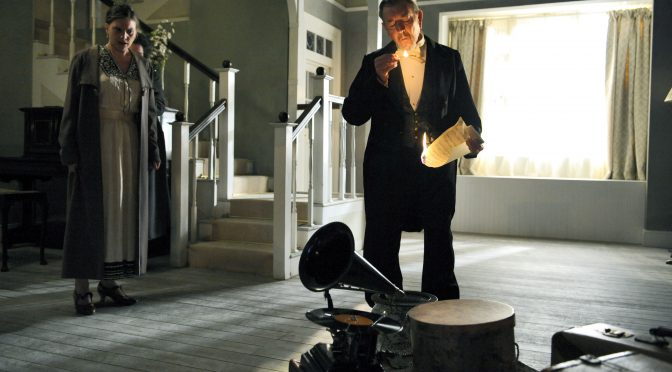Once more stepping into the shoes of Laurence Olivier, Kenneth Branagh is Archie Rice in this final production of his tenure at the Garrick Theatre. Branagh is more than up to the role of Rice – a brilliant fictional creation who somewhat overwhelms John Osborne’s end-of-empire themes – and gives a sterling star turn that provides value for money.
Archie is a “tatty old musical hall actor” on the wrong side of the law. He says he’s never done anything “really dishonest” but, apart from having good taste in beer, he is fairly unsavoury. Branagh doesn’t shy away from the tawdry life of a travelling player plying a dying trade, or the awful way this ageing philanderer treats his wife and neglects his children. Yet he still manages to bring out Rice’s charisma and admirable self-knowledge.

Joining Branagh in the limelight is Greta Scacchi as the long-suffering wife. This is a revelatory role for the actress. Leaving glamour aside, she utterly convinces as the dowdy, down-at-heel shop assistant with a drink problem in a superb performance that combines humour and depth. Then comes Archie’s father, Billy, a more successful performer in his day – a role into which Gawn Grainger injects possibly too much humour. Overall, Rob Ashford’s direction of this family drama is masterfully done.
Tightly focused scenes of tension aren’t Ashford’s only trick. Christopher Oram’s grand set (praise, too, for lighting designer Neil Austin) is all about the theatre. The drawing-room action happens as if in the green room: an effective device to show how Archie is always performing. It’s a brave move by Osborne to insert Archie’s comedy routine into family arguments (these jokes were bad even in 1957) and underscores the unfulfilled existence of ‘the entertainer’ both on and off stage.

Maybe it’s his elders being so apolitical that annoyed Osborne. Archie’s sons provide the contrast, with a tragic tale and a strong performance from Jonah Hauer-King as the next generation, who enjoy a better education but face just as precarious a future. It’s really an angry young woman, Archie’s daughter, played by Sophie McShera, who is supposed to be the key. If her anger at the Suez Crisis hasn’t stood the test of time, it reminds us that we all have political responsibilities. There may not be quite the firebrand spirit nowadays to make this play incendiary, but this fine production is still well worth seeing.
Until 12 November 2016
Photos by Johan Persson


